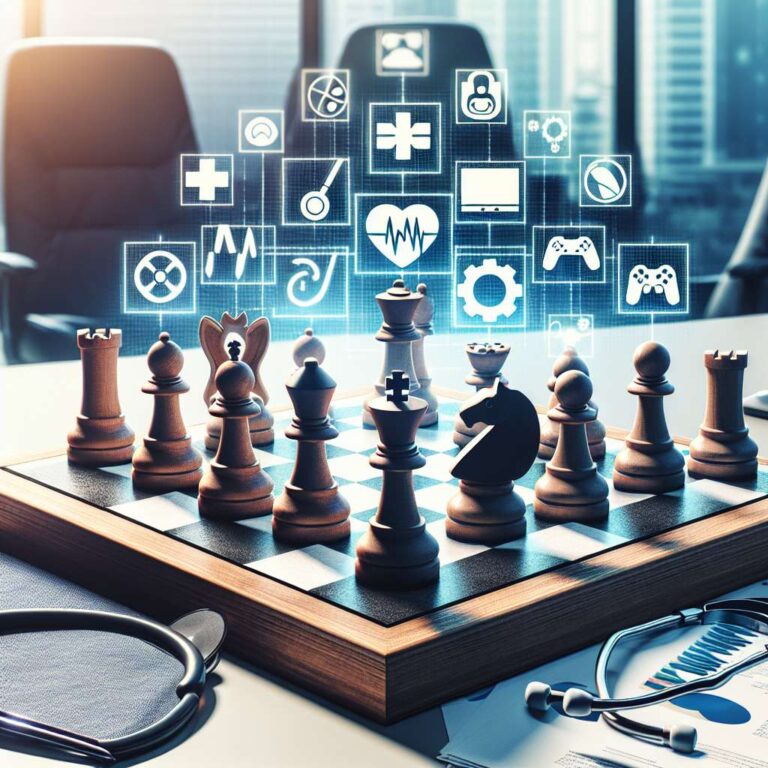As of July 2025, the technology sector is experiencing a dramatic evolution fueled by advances in artificial intelligence. Industries such as healthcare, education, gaming, and scientific research are being transformed by increasingly powerful models that not only automate processes but drive new, disruptive ways of working and learning. These innovations are enhancing efficiency on a global scale, laying the groundwork for the next wave of digital transformation.
OpenAI’s o1 and o3 models have set a new benchmark in reasoning and contextual comprehension, providing a more natural, intuitive experience for users of chatbots, educational platforms, and customer service solutions. For example, the o3 model, released in July 2025, has demonstrated remarkable improvements in complex query handling for customer service bots, leading to sharper response accuracy and better user satisfaction. Meanwhile, the proliferation of artificial intelligence-powered productivity tools is allowing businesses to automate repetitive tasks and surface actionable, real-time insights. Reports indicate that organizations adopting these tools have experienced productivity gains of up to 30%, freeing up employees to tackle more strategic challenges.
Generative artificial intelligence is also revolutionizing gaming, evidenced by DeepMind´s Genie model and its capability to construct dynamic, adaptive narratives. Games like ´Elysium Vortex´ illustrate how real-time, artificial intelligence-driven storylines and character development can create uniquely personalized gaming experiences. In research and healthcare, artificial intelligence-driven algorithms are propelling drug discovery forward, with timelines and costs all but halved, according to findings from the University of California. Hardware development is keeping pace, with Nvidia and Intel leading efforts to design chips tailored for machine learning, cutting energy use and processing time—a critical factor in scaling artificial intelligence to everything from data centers to edge devices.
Technical integration has become more accessible, as step-by-step implementation guides for artificial intelligence models like o3 illustrate how developers can harness these advanced capabilities in their applications. Healthcare is now seeing the integration of artificial intelligence-driven diagnostics, while education platforms are leveraging adaptive learning algorithms to improve outcomes. Widespread adoption seems imminent across sectors, as experts predict that by mid-2026, artificial intelligence will be embedded in everything from smart homes to advanced augmented reality systems. As these technologies become omnipresent, ethical conversations and continuous dialogue will be crucial to steering future development responsibly and inclusively.

